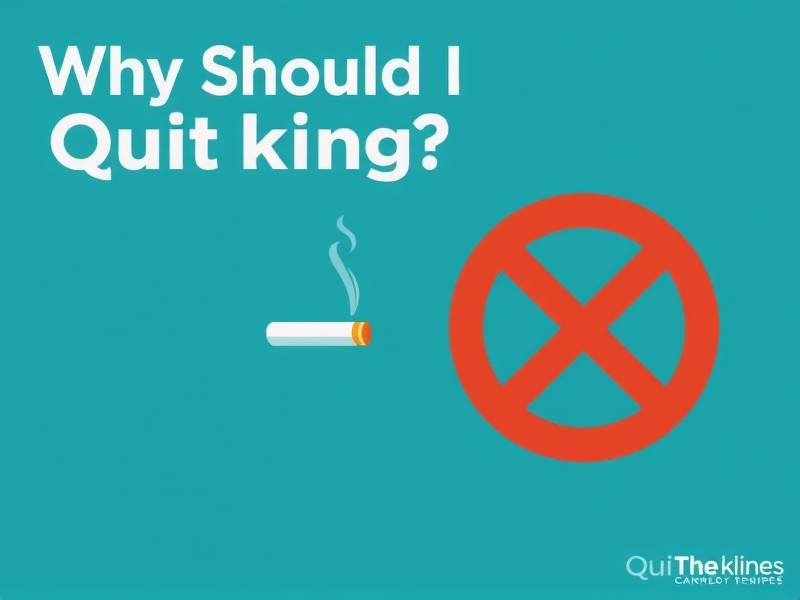Why Should I Quit Smoking? The Benefits and Challenges of Quitting Tobacco
Why Should I Quit Smoking? The Benefits and Challenges of Quitting Tobacco

Introduction: Smoking has long been recognized as a harmful habit that affects both physical and mental health. Yet, despite the well-known risks, many continue to smoke. This article delves into the compelling reasons why one should quit smoking, highlighting the numerous benefits and challenges associated with kicking the tobacco habit.
The Compelling Benefits of Quitting Smoking

-
Improved Health: One of the most significant advantages of quitting smoking is improved health. Within just a few weeks, your heart rate and blood pressure can start to normalize, reducing your risk of heart disease. Over time, you may also notice improvements in lung function, which can lead to better overall respiratory health.
-
Enhanced Appearance: Quitting smoking can have a noticeable impact on your appearance. Your skin may become smoother and clearer as it regains its natural glow. Additionally, you'll experience fewer wrinkles and a reduced risk of oral cancer.
-
Financial Savings: Smokers spend a substantial amount of money on cigarettes each year. By quitting, you can save this money for other essential expenses or investments, contributing to your financial well-being.
-
Increased Quality of Life: Quitting smoking can lead to an improved quality of life for both you and those around you. You'll have more energy to engage in activities you enjoy, and you'll no longer have to worry about the smell or health risks associated with smoking.
Challenges Faced When Quitting Smoking
-
Withdrawal Symptoms: One of the most challenging aspects of quitting smoking is dealing with withdrawal symptoms such as cravings, irritability, and anxiety. These symptoms can be severe for some individuals but typically diminish over time.
-
Social Pressure: For many smokers, social pressure from friends or family members who still smoke can make quitting more difficult. It's important to surround yourself with supportive individuals who understand your struggle and encourage your success.
-
Nicotine Replacement Therapy (NRT): While NRT products like gum or patches can help alleviate withdrawal symptoms, they are not foolproof solutions for everyone. Some individuals may find NRT helpful while others may prefer alternative methods such as counseling or medication.
-
Relapse Risk: Relapse is a common challenge when it comes to quitting smoking. It's essential to develop strategies for managing triggers that lead back to smoking and stay committed to your goal of remaining smoke-free.
Conclusion: Quitting smoking is a challenging but rewarding endeavor that offers numerous benefits for both physical and mental health. By understanding the advantages and challenges associated with kicking the tobacco habit, individuals can make informed decisions about their future well-being and take steps towards a smoke-free life.
